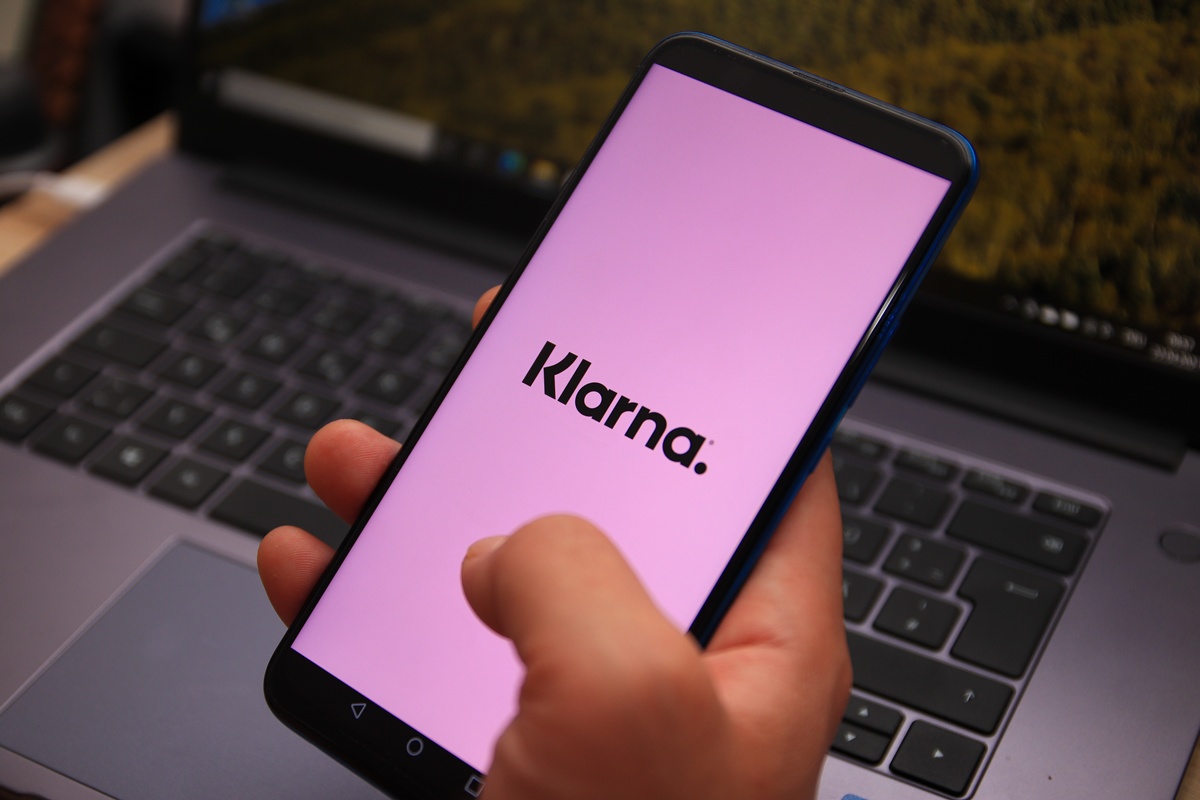May 09, 2025
Klarna rethinks AI push, rehires humans after automation stumbles

After loudly downsizing its customer support team in the name of AI efficiency, Klarna is backpedalling. The Swedish fintech is once again hiring human agents, admitting that its AI-first strategy delivered cost savings, but at the expense of service quality.
CEO Sebastian Siemiatkowski, once a vocal evangelist for AI-driven customer interactions, told Bloomberg that the company is now building a flexible workforce of real people who can log in and assist customers remotely, in what he described as an “Uber-type” model. It’s a bid to reduce dependence on outsourced contact centres while reassuring users they can always talk to a human, a feature that’s apparently become a luxury in modern customer service.
“It’s so critical that you are clear to your customer that there will always be a human if you want,” Siemiatkowski said. He admitted Klarna’s recent emphasis on automation was driven too much by cost-cutting, leading to “lower quality” support overall.
This shift comes amid broader industry scepticism around AI’s real value in customer service. While tech giants and startups alike have rushed to showcase generative AI tools, the outcomes haven’t always lived up to the hype. A recent IBM survey of 2,000 CEOs found that only 25% of AI projects deliver their promised returns, and even fewer scale across a company.
Klarna, once proud to have trimmed its workforce by over a thousand thanks to AI, is now reintroducing humans to restore what algorithms couldn’t: trust and clarity. But Siemiatkowski isn’t ditching the tech altogether. In a March X post, he likened the rise of AI to the mobile revolution and urged companies to think “AI first.”



